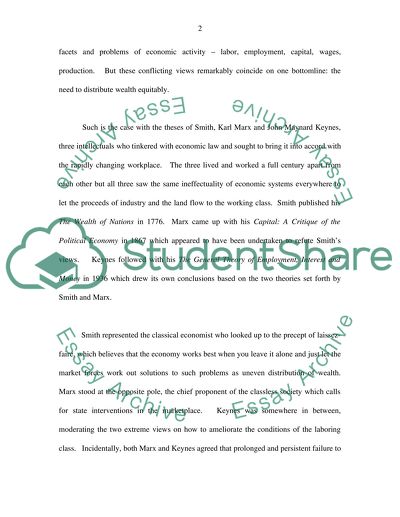History of economic thought Essay Example | Topics and Well Written Essays - 3000 words. Retrieved from https://studentshare.org/miscellaneous/1531686-history-of-economic-thought
History of Economic Thought Essay Example | Topics and Well Written Essays - 3000 Words. https://studentshare.org/miscellaneous/1531686-history-of-economic-thought.


